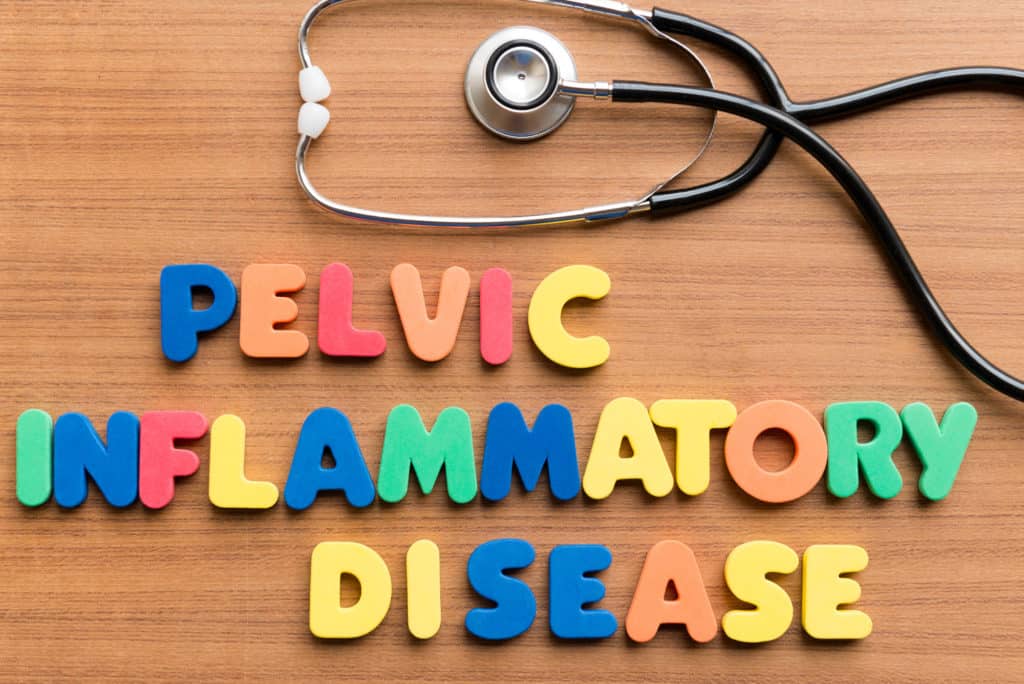
Do you have pain in your lower abdomen?
Are you worried that you might have Pelvic Inflammatory Disease?
You’re not alone. More than a million women across the US develop the condition yearly, with almost 100,000 becoming infertile due to the infection.
We most commonly see the condition in women aged 15-25, although certainly not exclusively. It can occur at any age.
Pelvic Inflammatory disease is an infection afflicting the female reproductive system – the ovaries, uterus, and fallopian tubes.
It occurs due to the spread of bacteria (usually sexually transmitted) from the vagina to the reproductive organs.
Bacteria from sexually transmitted infections (STIs) are the most common reason for the occurrence of pelvic inflammatory disease.
It’s important to look out for the symptoms of pelvic inflammatory disease and seek treatment right away at all ages.
But it’s particularly important if you’re a young woman planning to start or extend your family. Why? Because left untreated, pelvic inflammatory disease doesn’t just cause infertility.
It also has the potential to cause pregnancy complications, so don’t ignore it if you think you might have the condition. Instead, talk to your doctor and get tested ASAP.
More Blogs From Nancy Branberg
How Can I Fix My Pelvic Tilt?
What’s Causing My Period Cramps? How Can I Get Help?
What’s Causing My Lower Abdominal Pain?
What Is Pelvic Inflammatory Disease?
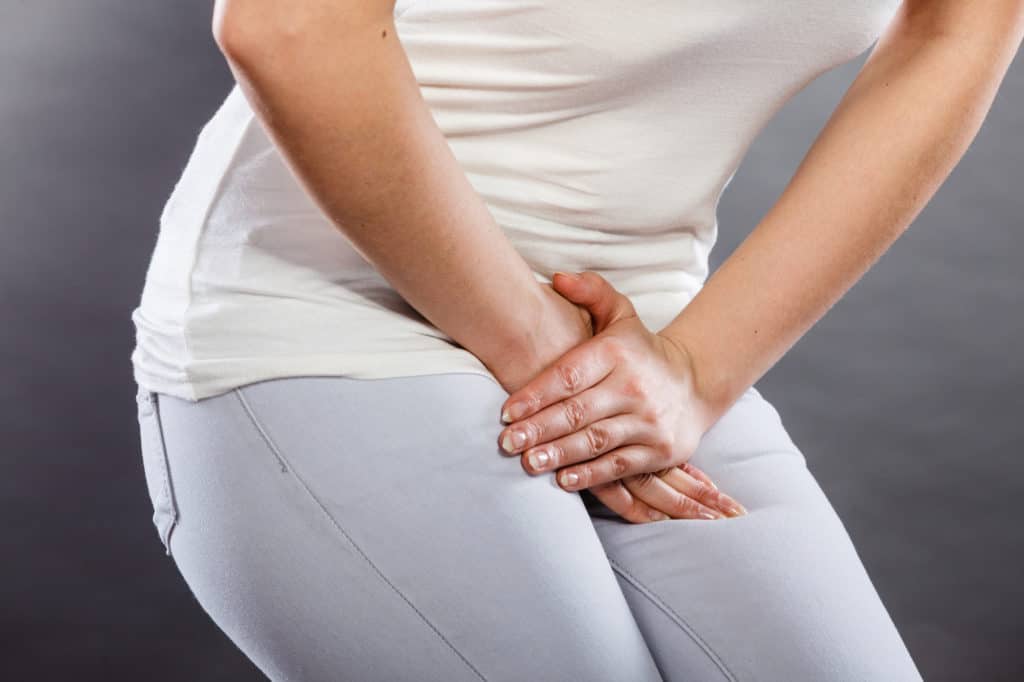
We know that PID, or pelvic inflammatory disease, is mainly caused by STIs (sexually transmitted infections). Most women who develop pelvic inflammatory disease do so after exposure to the bacteria during unprotected sex.
Sexual intercourse causes bacteria to enter the reproductive tract, infecting the reproductive organs. The condition can affect the ovaries, uterus, or fallopian tubes.
The most common symptoms of pelvic inflammatory disease are vaginal discharge and pain in the lower abdomen and stomach.
If you have these symptoms, it’s important to know that without prompt antibiotic treatment at the onset of symptoms, Pelvic Inflammatory Disease can become serious and sometimes lead to infertility.
However, even common bacteria originating in the vagina can also lead to the development of Pelvic Inflammatory Disease, so even if you haven't been sexually active, it's still important to look out for the symptoms and seek treatment right away.
When the condition becomes severe, it can damage the reproductive organs and make you infertile. The most effective preventive method is to use condoms with new partners and regularly undergo sexual health tests, and get treatment if you do get an infection.
Men can't get pelvic inflammatory disease. However, they carry the bacteria that can cause it, so men need regular testing/treatment too.
What Are The Symptoms of Pelvic Inflammatory Disease?
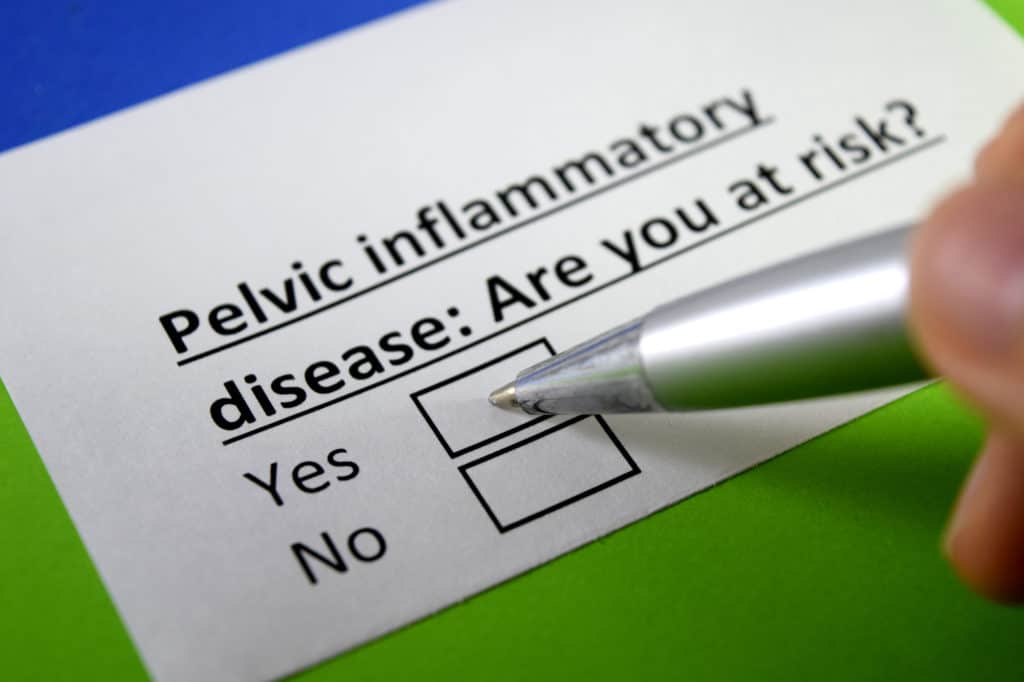
Unfortunately, most women don’t know they have Pelvic Inflammatory Disease because the symptoms can be vague and hard to separate from regular cycle-related pain and other urogenital symptoms.
However, some of the signs and symptoms that can occur with PID and other cooccurring infections include:
Most women feel PID pain in the pelvic area beneath the belly button. They usually complain of tenderness with a dull aching pain. However, you can also experience pain deep within the pelvic area during intercourse with the condition.
The Potential Complications Of Pelvic Inflammatory Disease
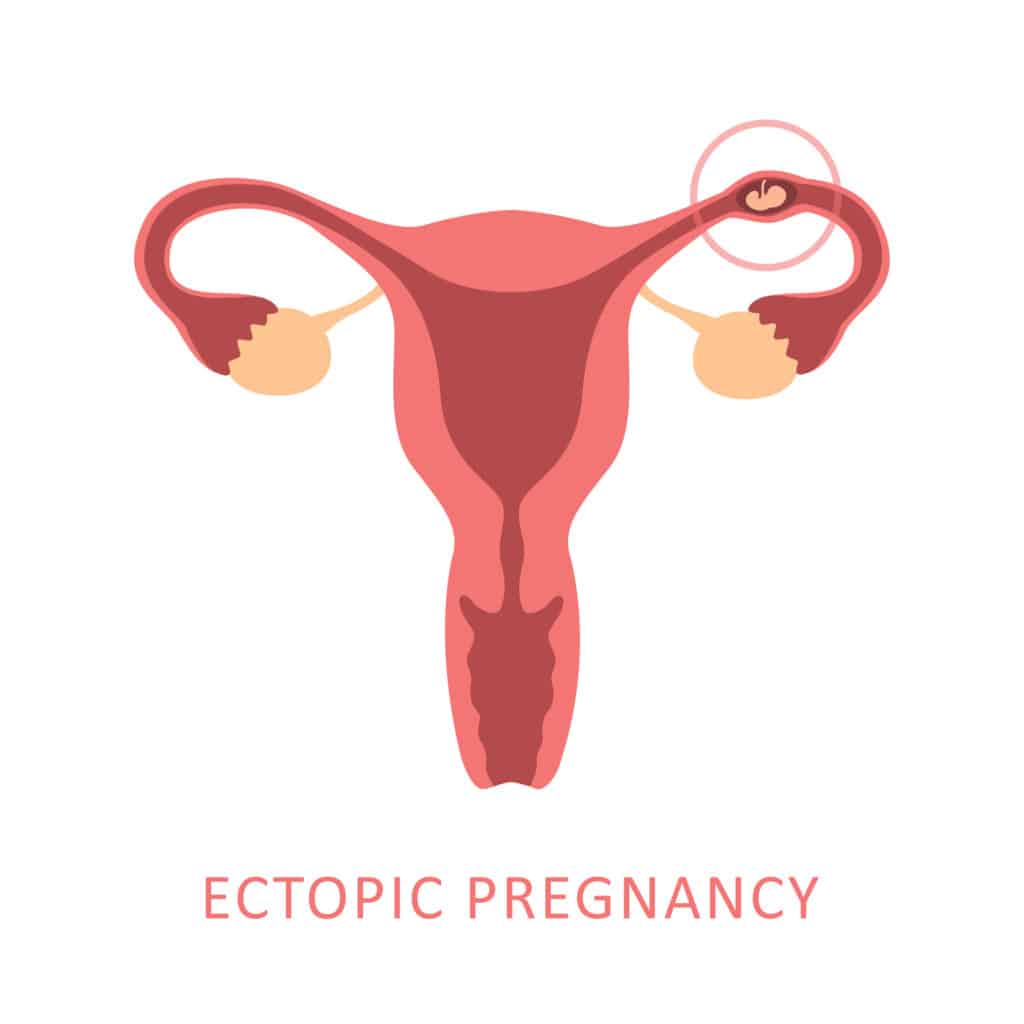
Unfortunately, pelvic inflammatory disease can pose a serious health risk in the long term if you don’t seek treatment in the early stages of the disease.
These complications occur due to the formation of scar tissues within the fallopian tubes, which can cause the following:
Infertility:
Around 10% of women suffer from infertility due to the scar tissue that forms in the fallopian tubes that prevents pregnancy.
Chronic pelvic pain:
Chronic pain in the pelvic region is the most common complication of PID. Around 20% of women develop some kind of pelvic pain that is chronic.
Because of scar tissue in the fallopian tubes, fertilized eggs cannot travel to the uterus. This obstruction leads to the egg being implanted within the fallopian tubes instead. As a result, women with pelvic inflammatory disease have a higher rate of ectopic pregnancies than those without.
A tubo-ovarian abscess (TOA):
This condition causes a pus-filled abscess that can lead to serious illness without treatment to prevent the abscess from rupturing and resulting in sepsis.
What Causes PID?
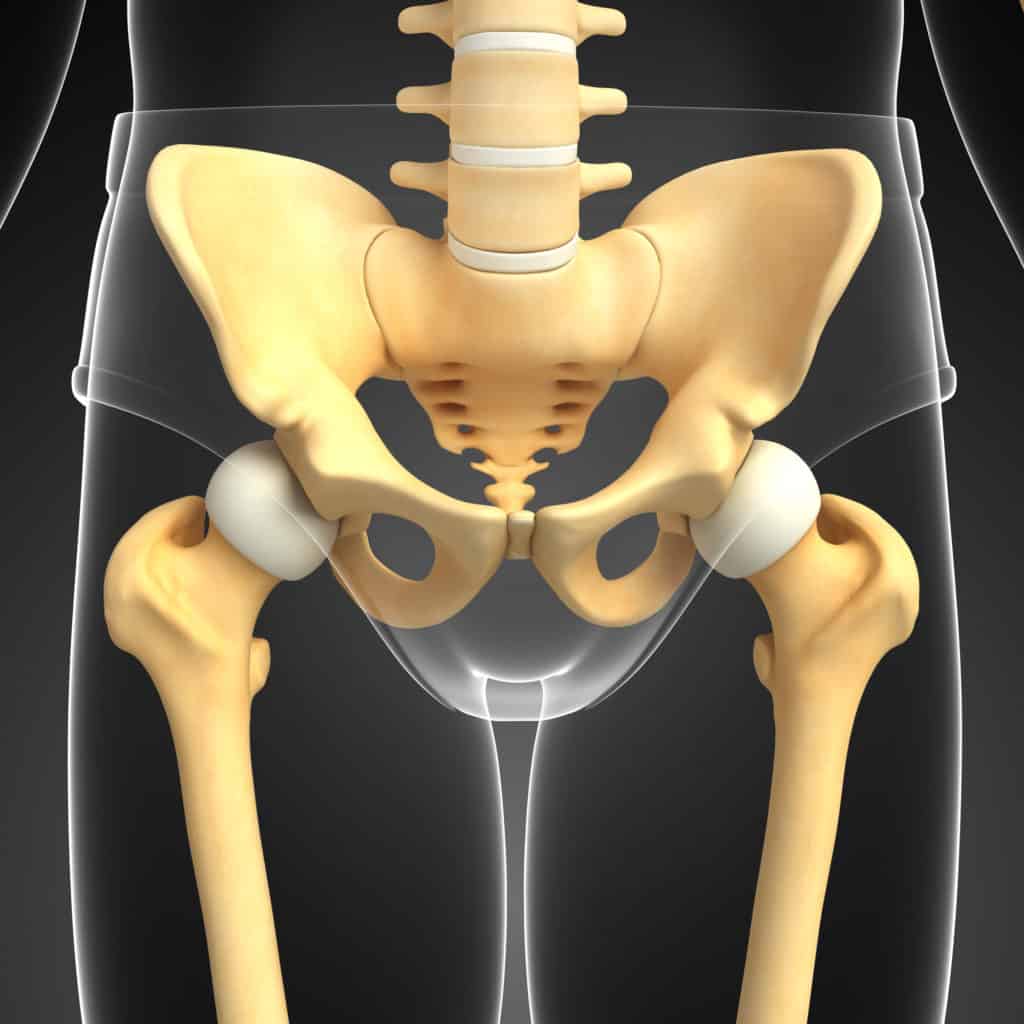
The primary cause of pelvic inflammatory disease is the introduction of bacteria in the reproductive system that passes from the vagina to the cervix and travels to the ovaries, fallopian tubes, and uterus.
Under normal circumstances, the cervix primarily prevents the spread of bacteria from the vagina to the reproductive organs. However, if the infection encroaches on the cervix, it can spread further into the pelvic region.
Various kinds of bacteria can ultimately result in pelvic inflammatory disease. But we know that the most common ones that lead to PID include:
Both of these infections usually occur as a result of unprotected sex. Almost 90% of pelvic inflammatory disease cases are due to infection with one of these two sexually transmitted infections (STIs).
But there are some other less common reasons why bacteria might be able to invade the reproductive system and cause pelvic inflammatory disease, including:
Pelvic inflammatory disease usually develops a few days to weeks after exposure to a sexually transmitted infection like chlamydia or gonorrhea.
In contrast, developing the condition with other types of infections (as listed above) may take many months to develop and/or show symptoms.
Pelvic Inflammatory Disease: Frequently Asked Questions
Does Douching Cause Pelvic Inflammatory Disease?
There is no concrete connection between douching and developing pelvic inflammatory disease other than anecdotal evidence and personal experience.
But douching is often linked to bacterial vaginosis (inflammation and an overgrowth of bacteria), with a few cases of this condition eventually leading to pelvic inflammatory disease.
Does Pelvic Inflammatory Disease Spread Easily?
Pelvic inflammatory disease can spread easily through unprotected sexual intercourse mainly.
Who is At Risk Of Getting Pelvic Inflammatory Disease?
The following factors can increase your risk of developing pelvic inflammatory disease:
Treating Pelvic Inflammatory Disease
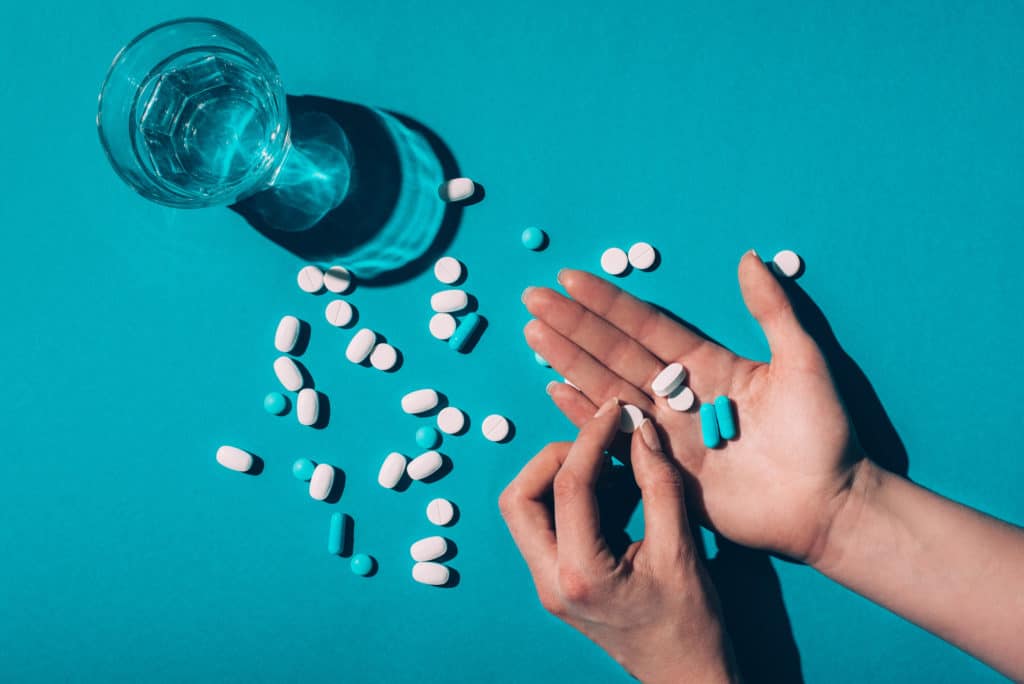
In most women, your doctor will prescribe a course of medication, mostly antibiotics, for 10-14 days to treat pelvic inflammatory disease.
You should take the full course of medication even if your symptoms go away and you feel better. Otherwise, the infection may return – even more seriously than before.
Completing the full course of antibiotics is important in preventing antibiotic resistance.
But it’s also recommended because pelvic inflammatory disease symptoms can show some improvement before the infection has been 100% eliminated from your system.
In some cases, your doctor may advise you to have follow-up tests after you start the medication to check the effectiveness of the antibiotic strain in treating the underlying infection.
In rare cases, some women still exhibit symptoms of pelvic inflammatory disease after a course of antibiotic medication.
In that case, you may need to have IV antibiotics via a drip in the hospital. This scenario is more common when women:
In all these cases, doctors recommend that you refrain from sexual intercourse until the treatment ends. Even when you resume sex, they recommend that you use protection in the form of condoms to reduce the risk of any infection.
How To Lower Your Risk Of Developing Pelvic Inflammatory Disease
If you are sexually active and have multiple partners, it’s vital to schedule regular sexual health examinations, at least once a year, to prevent sexually transmitted going untreated and developing into pelvic inflammatory disease.
During these examinations, it’s important to get tested for the two most common causes of pelvic inflammatory disease – chlamydia and gonorrhea.
If you're in a long-term relationship, it's still important to rule out the two infections for you and your partner – before having unprotected sex - because although men can't get PID, they can carry these infections.
Ongoing Treatment With Physical Therapy
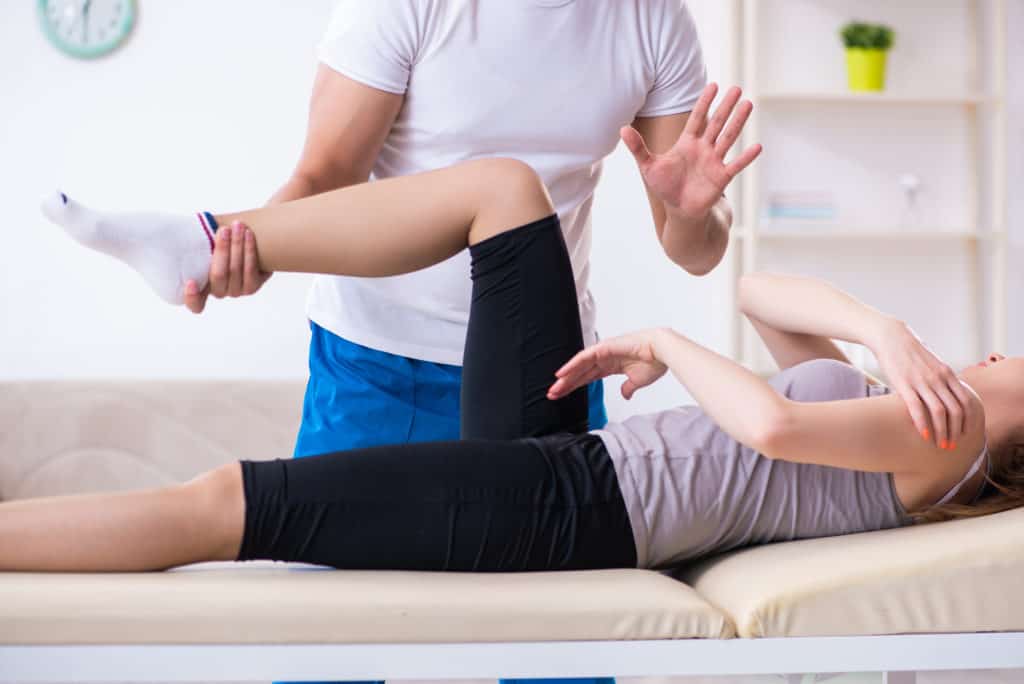
If you’re recovering from pelvic inflammatory disease and your body has successfully cleared the infection, but you still have lasting symptoms like pelvic pain, pain during sex or any other issue relating to the pelvic region, we can help you reduce pain, reduce scar tissue and adhesion, and improve your fertility.


